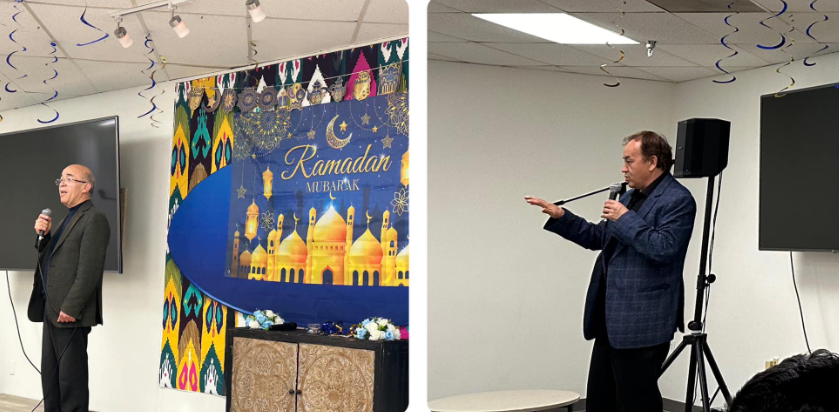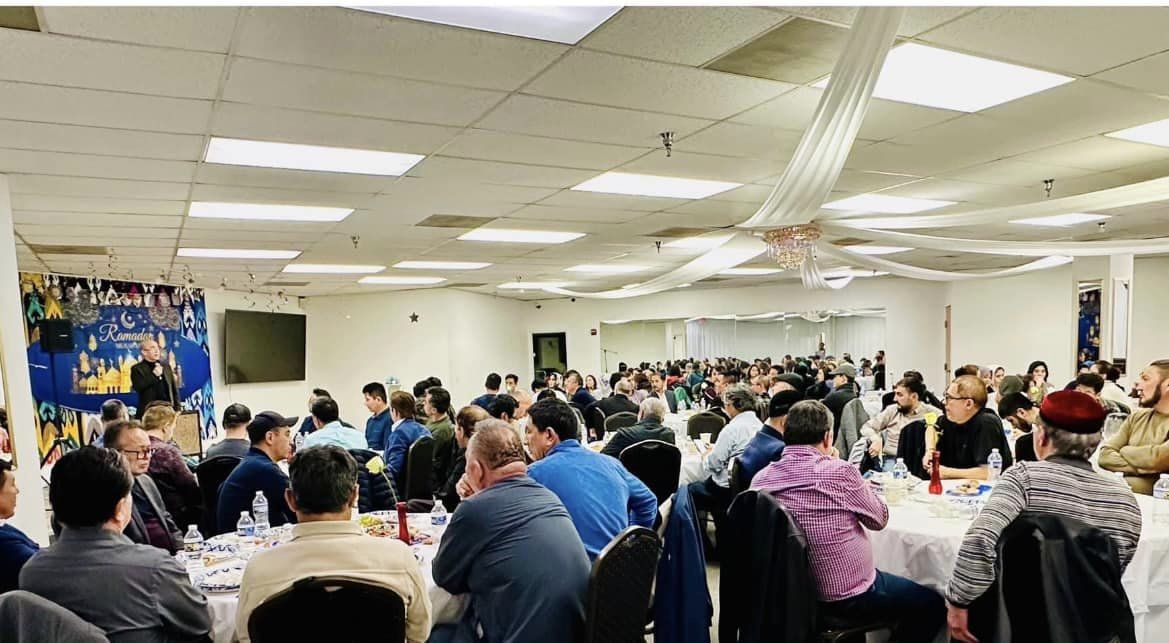Uyghur Americans Mark 34th Anniversary of the Barin Uprising
Updated on April 8 2024
On April 5th, Uyghur Americans convened for an iftar program to mark the 34th anniversary of the Barin Uprising, a significant event that occurred on April 5, 1990, in Barin Township, Akto County, in East Turkistan (Xinjiang). This uprising led to hundreds of fatalities and arrests, with thousands more vanishing in the years that followed.
The event is viewed differently by various groups: supporters of the East Turkistan independence movement refer to it as the "Barin uprising", while proponents of the Chinese government call it the "Barin Township riot". The official terminology used by the Chinese government is the "Counter-revolutionary armed riot in Barin Township, Akto County".
The Uyghur American Association posted on social media on April 6th, stating: "On this 34th anniversary of the Barin Uprising, approximately 100 Uyghur Americans convened at the Uyghur Center to pray for our brothers and sisters in East Turkistan and to remember those who perished in Barin. Our historians emphasized the significance of the uprising, and the evening was concluded with Taraweeh prayers. Special thanks to Enqer Hajim for organizing the Iftar, and we hope our fasts and prayers are accepted."

Prominent speakers at the event included U.S.-based Uyghur historian Nabijan Tursun and World Uyghur Congress Executive Director & Uyghur Human Rights Project Director Omer Kanat.
The Barin uprising was a significant armed conflict between Uyghur militants and Chinese government forces from April 4 to April 10, 1990, in the township of Barin in East Turkistan, China. The violence initiated on the night of April 4, following a protest by 200 to 300 Uyghur men against the alleged forced abortions of Uyghur women and Chinese governance in Xinjiang. The situation escalated when 130 armed police officers arrived to suppress the unrest, leading to armed resistance from militants within the group.
The uprising is widely regarded as a catalyst for stricter policies in East Turkistan, leading to an unprecedented crackdown where Chinese authorities arrested 7,900 individuals labeled as "ethnic splittists" and "counter-revolutionaries" from April to July 1990.

